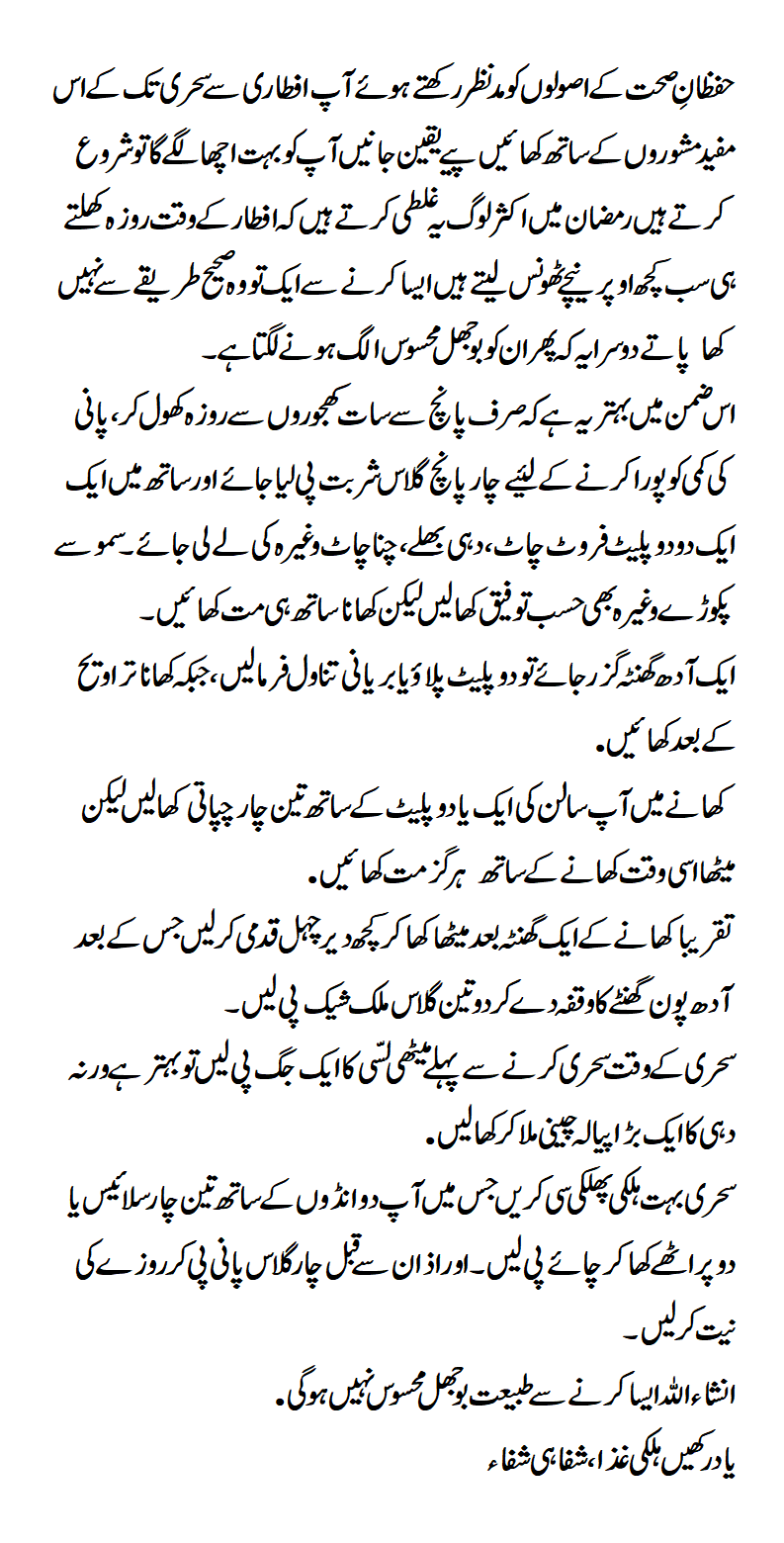Empowerment – a way of working to enable people to gain greater control over decisions and actions affecting their health.
Participative – where people take an active part in decision making.
Holistic – taking account of the separate influences on health and the interaction of these dimensions.
Equitable – ensuring fairness of outcomes for service users.
Intersectoral – working in partnership with other relevant agencies/organisations.
Sustainable – ensuring that the outcomes of health promotion activities are sustainable in the long term.
Multi Strategy – working on a number of strategy areas such as programmes, policy.
The World Health Organisation took a leading role in action for health promotion in the 1980’s with, the Ottawa Charter been published in 1986. It suggested that health promotion happens at five key levels.
- Developing Personal Skills
- Creating Supportive Environments
- Strengthening Community Action
- Developing Public Policy
- Re- orienting the Health Services.
Applying the Ottawa Charter in a Youth Work Context – Promoting Health with Young People
DEVELOPING PERSONAL SKILLS
Youth organisations, through the broad range of programmes and activites delivered to young people, including health education and health information, positivelly influence the development of personal skills, for example self esteem, self efficacy, communication, negotation, life skills and motivation. The development of these skills has a positive impact on health.
